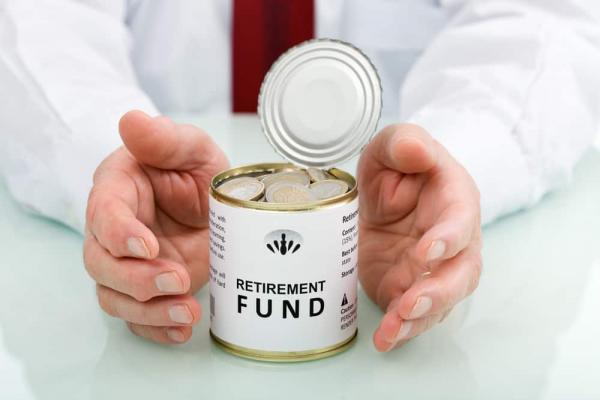
Most of us spend money on a daily basis. Whether it's for the necessities of life or for objects we want, we end up making thousands of spending decisions over the course of our lives. The key to saving for retirement is to take the guesswork out of the process. Turning our brains off and saving on autopilot by utilizing automatic deposits into our savings accounts, 401ks, and Roth IRAs - takes away our ability to choose poorly. Taking away our access to most of our extra cash might very well make the biggest difference in being financially able to support retirement.
Some of us are savers by nature; we have a natural inclination to avoid unnecessary purchases and take great satisfaction in stockpiling our earnings. The rest of us are spenders; we are motivated, consciously or unconsciously, by seeking and finding various ways to buy things - stockpiling objects and experiences rather than our hard-earned cash. Most of us can agree, however, that if we enter our retirement years with only those objects and experiences, we are in for a lot of pain and hardship. It's money that we are going to need, and we are going to need quite a bit of it.
Consider yourself very fortunate if you are naturally a saver. But, if you tend to spend more than you save, take heart in knowing that this is an aspect of our personalities that is absolutely something we can change. The hardest part of beginning to save for retirement is just that: the beginning. Decide now to save and then decide exactly how you are going to do it. Once we have some systems in place that take away the daily decision making, we don't have to make conscious decisions all of the time. Automatic withdrawals and deposits are a beautiful thing; taking advantage of those bank programs makes it so that we aren't even capable of overspending the money we are supposed to be saving for retirement. Our resolve can weaken if we have to choose what to do with all of our money all of the time; but setting up automatic payments to our accounts makes it impossible to make hasty, incorrect spending decisions.
Most of your co-workers are already saving for their retirements; in this case, peer pressure can be a good thing. If you don't yet contribute monthly to a 401k (matched by your employer, if available) and a Roth IRA, take steps to do so. This is a no-brainer. You simply can't hope to have what you need to retire without these two tax-deferred savings plans.
Beyond a Roth IRA and a 401k plan, the second most important way you can save money for retirement is to take steps now to get out of debt. Turn a critical eye to every loan and credit card statement you have. Make a list of total amounts owed and the interest rates you are currently paying and double at least one of these monthly payments. Be sure to promptly change your automatic payment to double the minimum payment so you don't have to remember each month. Once that debt is paid off, add this amount to the next debt's monthly payment. It may take some time, but it will be worth it to pay off your debt, especially if you don't incur any new debts.
Set up an automatic deposit of $100 to a savings account that you don't touch. Saving an extra $100 a month isn't necessarily going to be life-changing, but it will help to have that extra money once you retire. Don't think too much about whether or not you can afford it; this is another example of how turning off your brain can work to your advantage. You might not even notice the missing $100, but if you do, the following can help make up the difference. Pack your own lunch (last night's dinner leftovers can curb the boredom of brown bagging every day, so double the recipe!), buy items secondhand, drive your car for as long as it lasts, buy things online and in bulk, avoid eating convenience foods (homemade meals taste better, are healthier, and much less expensive), stick to your shopping lists every time, repair damaged clothing instead of buying new, and wait 30 days before making unnecessary purchases.
These steps may seem little, but the payoff is huge.

